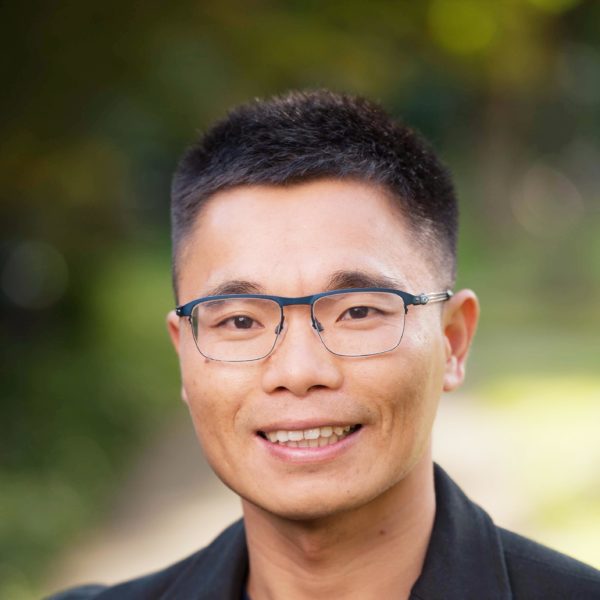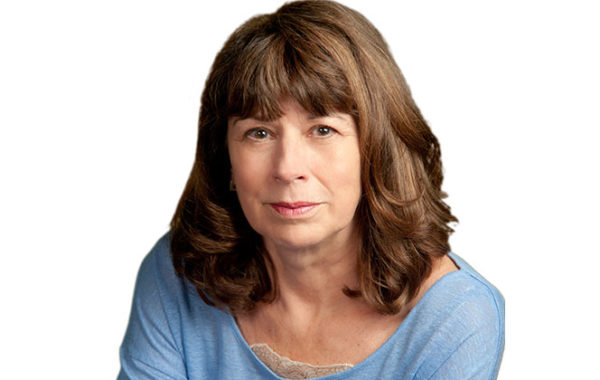The following is an important statement to the York University community from President and Vice-Chancellor Rhonda L. Lenton. This statement was issued on Friday, March 13:
As the COVID-19 pandemic has grown and evolved, York University has kept the safety and well-being of students, staff and faculty at the heart of all its decisions. We are also conscious of our role in the national and global fight against a serious illness. In light of the developments we have seen at home and around the world this week, it is time for the University to enter a new phase in its comprehensive response.
Beginning on March 16, we will be suspending all face-to-face instruction and moving courses to online formats. We are committed to completing the term and will deploy all of our resources to support faculty and students through this transition. Further information will be forthcoming from the Provost and Deans regarding courses with lab and studio requirements, and arrangements for examinations. Where possible, work and clinical placements will continue.
As of midnight tonight, we will be cancelling or postponing all non-essential events that are not required as part of an academic program. We will also be closing the Tait Mackenzie Centre and the Glendon Athletic Club until April 30. Our Keele and Glendon campuses will remain open, and research activities will continue.
In the days ahead, we will also be introducing new policies on working from home and doctors’ notes to minimize risk and maximize flexibility for our community. More details on these changes will be forthcoming. As always, we encourage everyone to take preventative measures such as enhanced hand washing and social distancing. If you feel unwell, please stay home.
It will take time to sort out the details of the initiatives we are announcing today. I am grateful for the patience and support of students, staff and faculty during this period of rapid change. And to the members of York’s Emergency Management Team and the many staff and faculty members who have put in so many hours – with many more to come – preparing and implementing our COVID-19 response, thank you. Your commitment to our community is extraordinary.
Compassion and care are among York’s most important values. Some members of our community may need special accommodations to sustain their mental and physical health as the COVID-19 situation unfolds, and unfortunately, others will likely fall ill. York will be part of the network of family, friends and institutions that will help them recover.
I know this is an anxious and upsetting time for everyone. Let me say, without reservation, that York will be there to support every member of the community as we face this pandemic together. For students, my commitment is that you will have the academic and wellness supports you need to thrive in and beyond the current situation. For faculty and staff, know that the University recognizes your dedication and is, in turn, committed to your health and well-being.
Please stay tuned for additional information over the coming days. As always, you can find the latest updates on York’s dedicated COVID-19 website and you can email your questions to coronavirusinfo@yorku.ca. Senate Executive will also be providing guidance on adjustments to academic regulations, deadlines and schedules as required.
Take care of yourselves and each other.
Tout au long de la montée et de l’évolution de COVID-19, l’Université York a placé la sécurité et le bien-être du corps étudiant, du corps professoral et du personnel au cœur de toutes ses décisions. Nous sommes également conscients de notre rôle dans la lutte nationale et internationale contre une maladie sérieuse. À la suite des développements de cette semaine au pays et dans le monde entier, il est temps pour l’Université d’entrer dans une nouvelle phase de sa réponse globale.
À partir du lundi 16 mars, les cours en personne seront suspendus et remplacés par des cours en ligne. Nous sommes déterminés à achever le semestre et nous déploierons toutes nos ressources pour appuyer le corps professoral et le corps étudiant durant cette transition. La rectrice et les doyens fourniront plus d’information sur les cours qui comportent des laboratoires et des classes pratiques et sur les aménagements pour les examens. Dans la mesure du possible, le travail et les placements cliniques continueront.
À partir de ce soir à minuit, tous les événements non essentiels qui ne font pas partie des exigences d’un programme académique seront annulés ou reportés. Nous fermerons également le centre Tait Mackenzie et le club athlétique de Glendon jusqu’au 30 avril. Nos campus Keele et Glendon demeureront ouverts et les activités de recherche se poursuivront.
Dans les jours à venir, nous introduirons aussi de nouvelles politiques sur le travail à la maison et les notes des médecins pour minimiser les risques et optimiser la flexibilité pour notre communauté. Vous recevrez bientôt plus de détails au sujet de ces changements. Comme toujours, nous encourageons tout le monde à prendre des mesures de prévention comme un lavage de mains soigneux et l’éloignement social. Si vous ne vous sentez pas bien, veuillez rester à la maison.
Cela prendra du temps pour régler les détails des initiatives que nous annonçons aujourd’hui. Je suis reconnaissante de la patience et du soutien du corps étudiant, du personnel et du corps professoral durant cette période de changements rapides. Et je remercie les membres de l’équipe de gestion des urgences et les membres du personnel et du corps professoral qui ont consacré tellement d’heures — et en consacreront beaucoup plus — à préparer et mettre en place notre réponse à COVID-19. Votre engagement envers notre communauté est extraordinaire.
La compassion et l’assistance font partie des valeurs les plus importantes de York. Des membres de notre communauté auront peut-être besoin d’aménagements spéciaux pour assurer leur santé mentale et physique durant la situation de COVID-19; malheureusement, certains tomberont sans doute malades. York fera partie du réseau de familles, amis et institutions qui les aideront à se remettre.
Je sais que cette période est bouleversante et angoissante pour tout le monde. Mais laissez-moi vous dire, sans réserve, que York sera présent pour appuyer chaque membre de la communauté tandis que nous affrontons ensemble cette pandémie. En ce qui concerne les étudiants, je m’engage à ce que vous disposiez du soutien académique et de bien-être nécessaire pour prospérer dans la situation actuelle et par la suite. En ce qui concerne le corps professoral et le personnel, sachez que l’Université reconnaît votre dévouement et s’engage, en retour, à protéger votre santé et votre bien-être.
Veuillez rester à l’écoute pour d’autres informations au cours des jours à venir. Comme toujours, vous pouvez trouver les dernières mises à jour sur le site Web de York consacré à COVID-19 et vous pouvez envoyer vos questions par courriel à coronavirusinfo@yorku.ca. Les membres du Sénat fourniront également des informations sur les modifications des règlements académiques, sur les dates d’échéance et sur le calendrier, suivant les besoins.
Prenez bien soin de vous et des autres.




















